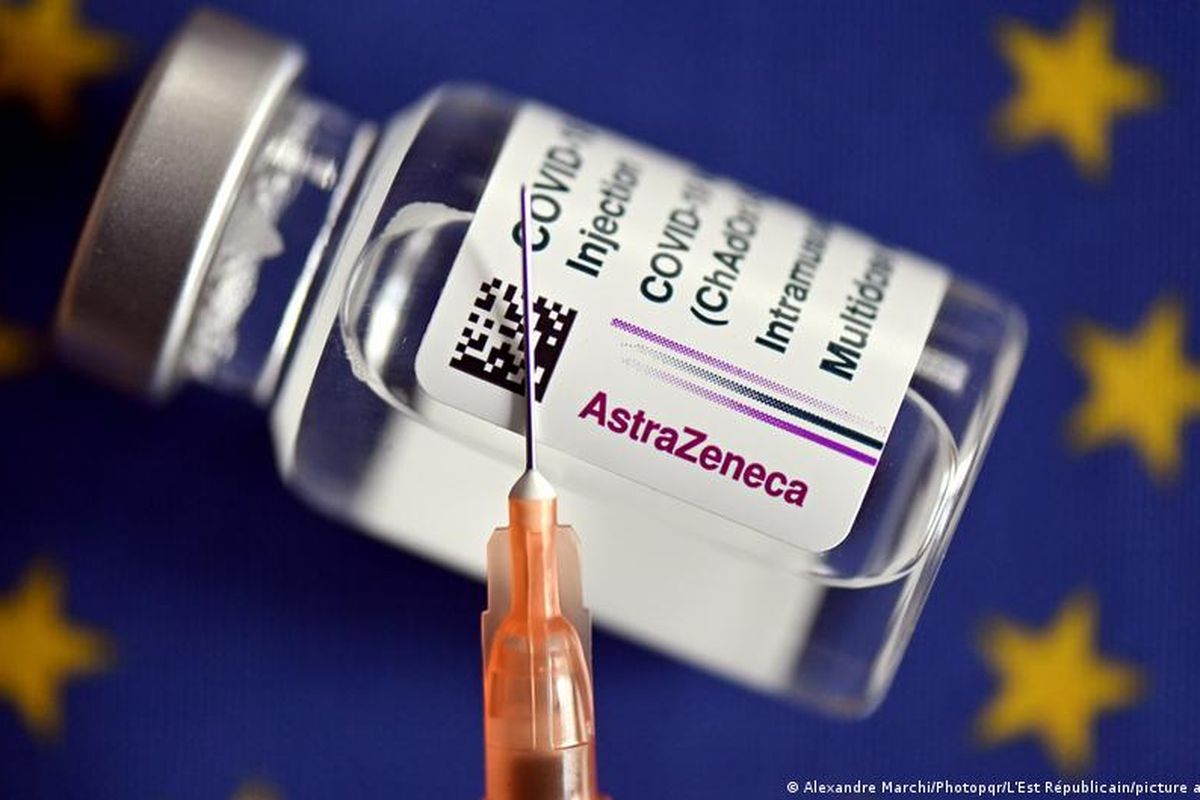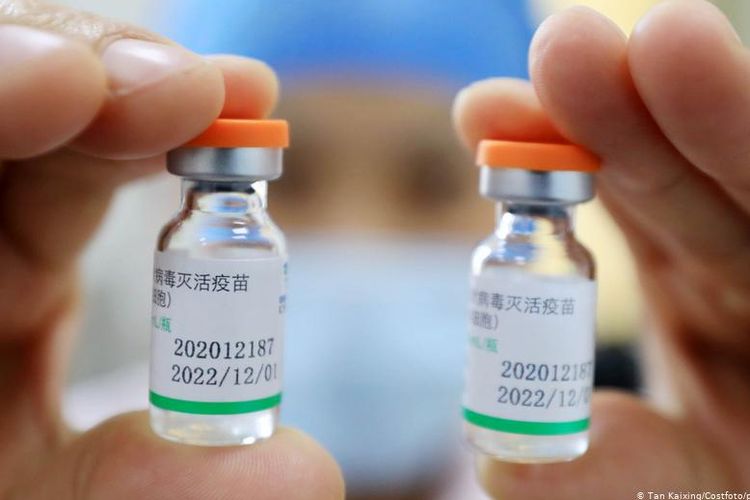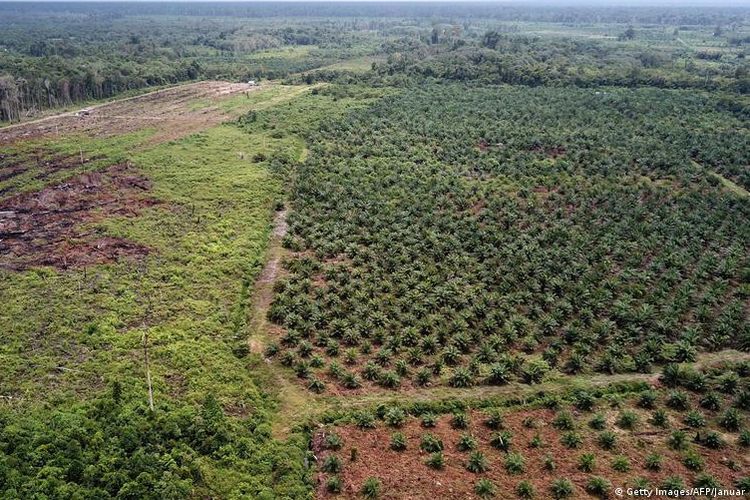
China's and Russia's attempts at vaccine diplomacy have been far more visible in the region. Beijing has donated millions of vaccines to Southeast Asian nations since January, and has sold a greater number.
On almost all occasions, senior officials from regional governments turned out to lavish praise on Beijing for the deliveries, which arrived in their capitals after lengthy publicity campaigns from the local Chinese embassy.
According to Driesmans, Brussels made a "deliberate choice of choosing the multilateral route, instead of the bilateral one," the latter of which has been favored by China and Russia. That, however, has reduced the visibility of the EU's efforts.
"Broadly speaking, the EU's role is not really seen here," Bradley J. Murg, a senior research fellow at the Cambodian Institute for Cooperation and Peace, told DW. "Vaccinations here are entirely framed as from China or via COVAX.
Also read: 1.1 Million Doses of AstraZeneca Vaccine in Indonesia Will Expire by End of May
The latter is framed as essentially a UN initiative rather than a multilateral donor effort."
Cambodia was one of the first countries in the world to receive vaccines from the COVAX scheme, with the first tranche of around 300,000 doses arriving in Phnom Penh on March 2.
In scenes broadcast on national television, the vaccines were loaded off a plane at the capital's international airport in containers emblazoned with newly-peeled UN stickers, rather than the symbols of the donor states.
Does it matter?
Driesmans stressed that the people of Southeast Asia "appreciate that the EU is not waving with vaccines — or promises thereof — in exchange for political favors. EU and ASEAN share a common belief in the need for a joint solution for vaccination."
He went on: "We need genuine vaccine multilateralism, not a point-scoring contest."
Still, the EU is keen to increase its influence in the region, especially after it became a "strategic partner" of the ASEAN bloc last year.
It has ratified free-trade deals with Singapore and Vietnam over the past two years but is now struggling to keep up the momentum, as trade talks stall with Thailand, Indonesia and Malaysia.
Also read: Indonesia Delays AstraZeneca Vaccination, Waiting for WHO Review
Germany and France are taking part in military maneuvers in the Indo-Pacific this year, while three EU states have so far released their own regional policy strategies, designed to make Europe a respected "middle power" in a region increasingly polarized between the US and China.


































